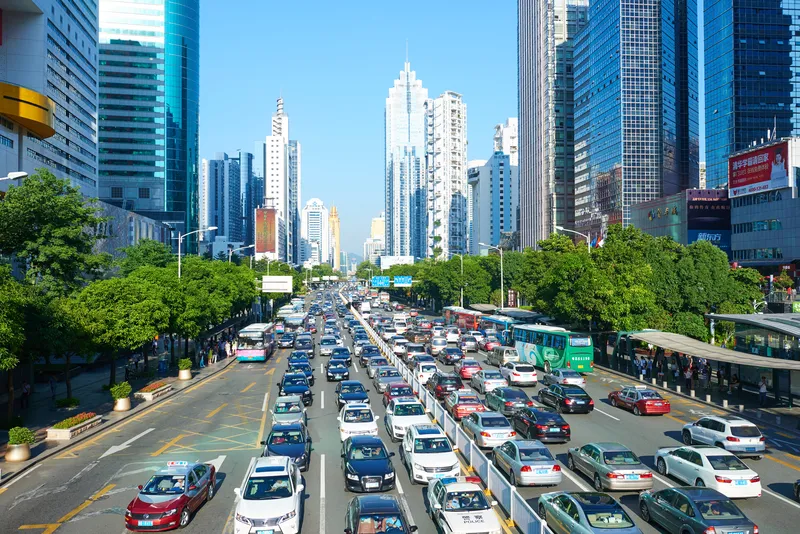Schneider Electric is using its expertise in developing smart mobility management systems and smart transportation systems in a collaboration with Chinese cities of Liuzhou and Wuzhou to transform mobility management in these cities and improve urban efficiency by optimising city building administration. Schneider will implement its efficient building management solutions and SmartMobility technology that it says will enable local authorities to reduce current traffic delays by over 35 per cent and achieve
January 30, 2013
Read time: 2 mins
Schneider will implement its efficient building management solutions and SmartMobility technology that it says will enable local authorities to reduce current traffic delays by over 35 per cent and achieve energy savings in excess of 30 per cent.
The company will develop smart mobility management systems and surveillance systems to improve citizen safety and security. These solutions meet two fundamental objectives: optimising real-time traffic management to enable a reduction in the number of bottlenecks occurring in the road system and facilitate traffic flow by preventing traffic congestion; and ensuring effective use of mobility infrastructure and helping to optimise infrastructure use without the need for costly investments.
The projects also include implementation of building automation systems (BAS) based on technology that will enable building owners to perform real-time monitoring of energy consumption. This will help increase employee productivity, achieve energy savings of up to 30 per cent and cut CO2 emissions, resulting in improved management of energy use and lower costs and environmental impact.
The range of tools incorporated into these real-time management systems, including dashboards and expert modules, enables local operators to respond more quickly to incidents or emergency situations. Citizens and users will in turn experience increased security and safety thanks to a reduction in accident rates and shorter daily travel times, in addition to benefiting from enhanced quality of life.
According to Ignacio González, smart infrastructure executive vice president at Schneider Electric, “Our activity in Chongqing and Beijing has made us a point of reference for the smart city in China. These new projects enable us to demonstrate our determination in continuing to play an active role in this country with the aim of contributing towards the development of smarter cities committed to more efficient management of infrastructure and mobility to thereby offer their citizens a safer, more sustainable and liveable environment.”








